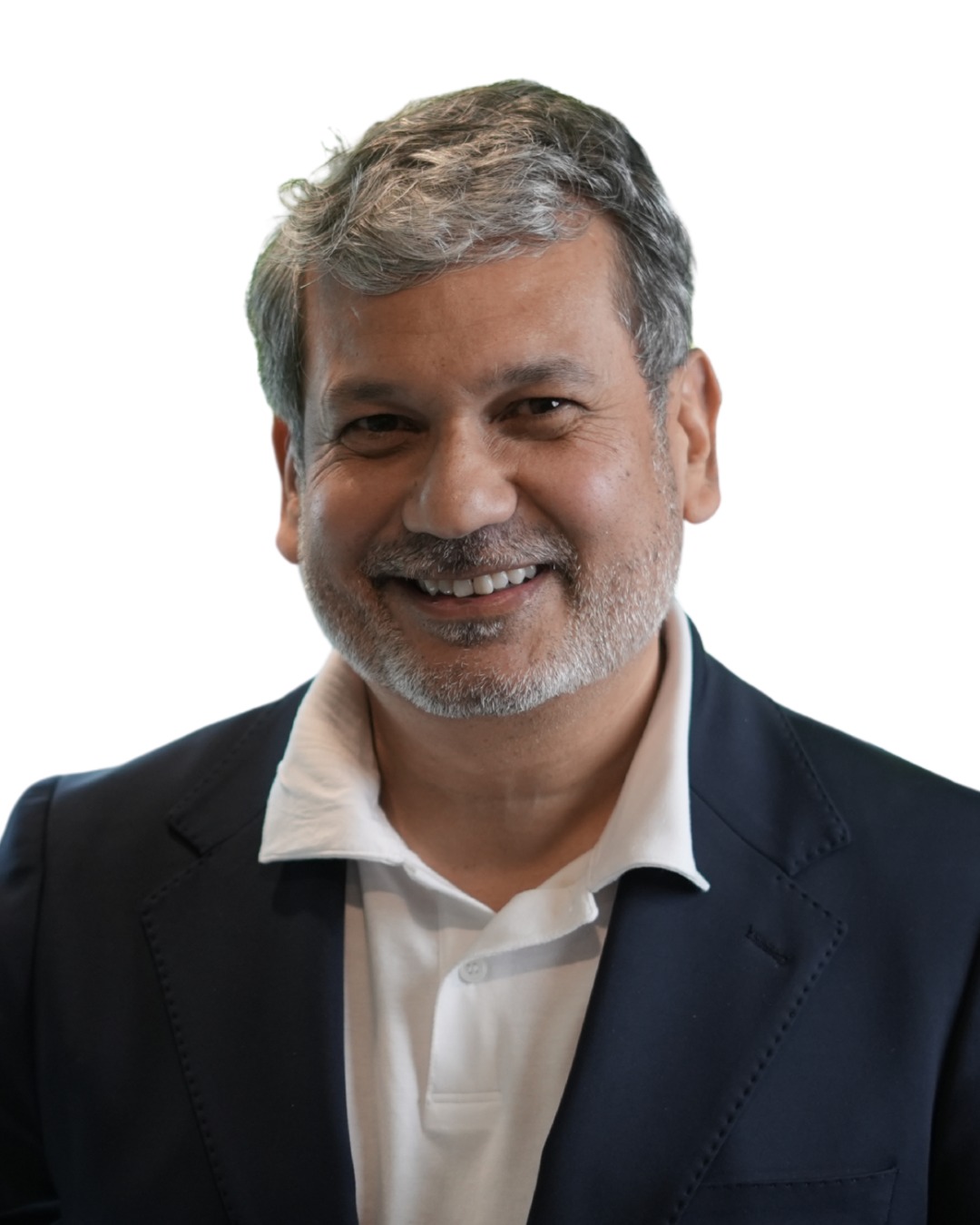Do you want to get Transcranial Magnetic Stimulation (TMS) therapy? If so, you may need to know the type of commitment you need. Could you slot it within your schedule and lifestyle? Most probably yes! Many factors make TMS treatment a better option than other treatments to cure depression.
What is TMS?
TMS treatment is a non-invasive procedure where magnetic pulses activate certain brain regions that regulate one’s moods. If you are diagnosed with Obsessive Compulsive Disorder (OCD) or Major Depressive Disorder (MDD) and have not attained much success with medication or talk therapy, TMS is an effective and safe treatment option for you.
How Many TMS Treatments Do You Need?
Generally, as per a typical course, you will get approximately 36 treatments during a nine-week period. You would undergo around five treatment sessions every week for around six weeks. After that, you have to taper down for the rest of the six sessions for three more weeks. However, your treatment provider would suggest you longer or short course as per your clinical circumstances.
But how long does this treatment last? Each TMS treatment is brief. The first session lasts a bit longer than other sessions. However, it is best to consult a psychiatrist to identify how to deliver treatments. Each particular session takes around 20 to 30 minutes. However, the doctor can prescribe a distinct sequence as per clinical presentation.
Some even get these treatment sessions during their office lunch break or on the way from school or work. Since every patient has distinct needs, there is a certain variation to such timelines as per their needs. You can start feeling better while noticing changes before the treatment gets over. Nonetheless, you must complete the treatment for getting all the benefits of TMS.
Do you Require Extra TMS Treatments?
After the first round of TMS Treatment for Depression, some physicians may suggest more sessions. For, certain depression treatments don’t work similarly for everyone. Plus, depression symptoms may return after initial treatments.
But many people don’t even need any follow-up sessions. For such people, only one treatment per week is recommended after the first round. But some depression symptoms may return after the remission period and this may need another complete TMS therapy/course.
There is no specific way to predict when or if it will happen. But it is vital to go for regular follow-ups to see your emotions and moods after the initial treatment. You may even ask loved ones or treatment providers to keep an eye. This way, if the depression returns, you may take steps to get treatment right away.
The best news is that, unlike other treatments of depression, TMS often does not become less effective after the first treatment course. If you attain remission before TMS, there is a high probability to achieve it again. You must remember that you deserve to attain some relief.
Conclusion
TMS therapy needs some time if you want to decrease the symptoms and enhance life quality. This therapy has a response rate of around 62% and has only a few side effects. The most common side effect is scalp discomfort. But many people find it easier to tolerate compared to antidepressant side effects that include poor sleep, weight gain, and more.
Compared to other treatments, TMS therapy is convenient and hassle-free. It is also non-invasive and you may stay away during this treatment. Moreover, sedatives or anesthetics aren’t needed to resume daily activities just after a session.
Also, Visit here: How should the Best Psychiatrist in Delhi Help in Depression Treatment?
Dr. Anuranjan Bist stands as a pioneering figure in the field of mental health, seamlessly blending traditional psychiatric methods with holistic wellness practices. With a profound understanding of the human mind and body, Dr. Bist has redefined therapeutic approaches by integrating Transcranial Magnetic Stimulation (TMS) and Ketamine therapy with ancient yoga techniques, showcasing his innovative spirit and dedication to comprehensive care.


Leave feedback about this